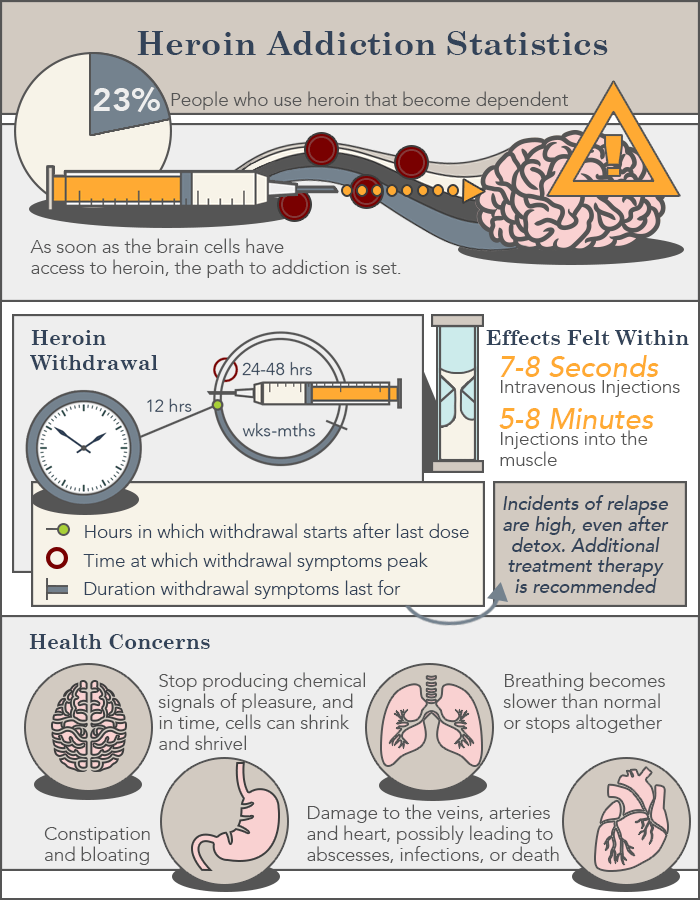Once a person has detoxed and progressed through acute withdrawal, their cognitive, emotional and physical function will begin to improve. By this point, they will be more receptive to therapy or counselling and can begin to work towards lasting recovery. Common Withdrawal Symptoms. Withdrawal from MDMA can involve a range of symptoms.
A new study finds that reducing the dosage of drugs used for Parkinson’s disease has a surprising effect — including withdrawal symptoms similar to those reported by cocaine addicts.
Dopamine agonist drugs are the primary drugs used for Parkinson’s disease (PD). Researchers have discovered acute withdrawal symptoms similar to those reported by cocaine addicts, including anxiety, panic attacks, depression, sweating, nausea, generalized pain, fatigue, dizziness and drug cravings.
Physical Symptoms Of Gambling Withdrawal Syndrome
These symptoms can be severe, and are not alleviated by other Parkinson medications.

For the first time, researchers have defined this phenomenon, which they call dopamine agonist withdrawal syndrome, or DAWS. Led by a physician-scientist at NewYork-Presbyterian Hospital/Weill Cornell Medical Center, the study is reported in the journal Archives of Neurology.
“Like cocaine and methamphetamines, dopamine agonists work by stimulating the reward pathways in the brain. For this reason, it makes sense that they would engender similar withdrawal symptoms, particularly in those with high cumulative drug exposure,” says senior author Dr. Melissa J. Nirenberg, associate director of the Parkinson’s Disease and Movement Disorders Institute at New York-Presbyterian Hospital/Weill Cornell Medical Center.
According to the Parkinson’s Foundation website, “[Dopamine Agonists] stimulate the parts of the human brain influenced by dopamine. In effect, the brain is tricked into thinking it is receiving the dopamine it needs. In general, dopamine agonist are not as potent as carbidopa/levodopa and may be less likely to cause dyskinesias. Dopamine agonists can be taken alone or in combination with medications containing levodopa. The two most commonly prescribed oral pill agonists in the U.S. are pramipexole (Mirapex) and ropinirole (Requip). A third, rotigotine transdermal system (Neupro®), was re-approved after several years of being off the market. Bromocriptine (Parlodel®) is available, but is less common. Dopamine Agonist side effects include excessive daytime sleepiness or sudden sleep attacks, visual hallucinations, confusion, swelling of the ankles, dyskinesia, compulsive behaviors (such as uncontrolled shopping, gambling, eating, and sexual urges.”
Dopamine agonists are highly effective drugs that are prescribed to many patients with Parkinson’s disease to avoid side effects of the “gold standard” drug L-DOPA, particularly abnormal involuntary movements referred to as dyskinesias. (L-DOPA was perfected by Dr. George C. Cotzias of Cornell University Medical College in the late 1960s; dopamine agonists have been available since the 1990s.)
DAs are also FDA-approved for treatment of restless legs syndrome, and used off-label for other conditions such as depression and fibromyalgia. In the United States, there are currently two dopamine agonists on the market — pramipexole (Mirapex®) and ropinirole (Requip®, Requip XL®).
In recent years, there have been increasing concerns about DA side effects, and particularly the fact that they can cause uncontrolled, compulsive behaviors known as impulse control disorders (ICDs). ICDs are reported to occur in about 14 percent to 17 percent of PD patients who use these drugs, and also occur in people who use DAs to treat other medical conditions.
In 2006, Dr. Nirenberg published research linking the use of dopamine agonists to compulsive eating; others have linked the drugs to behaviors such as compulsive gambling, buying, hypersexuality and Internet addiction.
Patients are often unaware of these addictive behaviors, or may not discuss them with physicians because they are in denial, embarrassed by their symptoms, or unaware that they are a medication side effect.
“Impulse control disorders stemming from use of dopamine agonists can be detrimental to a patient’s financial, social and physical well-being. Our research identifies another concern — namely that some patients experience severe, even intolerable, withdrawal syndromes when their dosage is reduced. In this context, it’s very important that physicians and their patients use DAs judiciously, and exercise caution when they are tapered,” says Dr. Nirenberg.
Symptoms Of Withdrawal
Source: New York- Presbyterian Hospital/Weill Cornell Medical Center/Weill Cornell Medical College